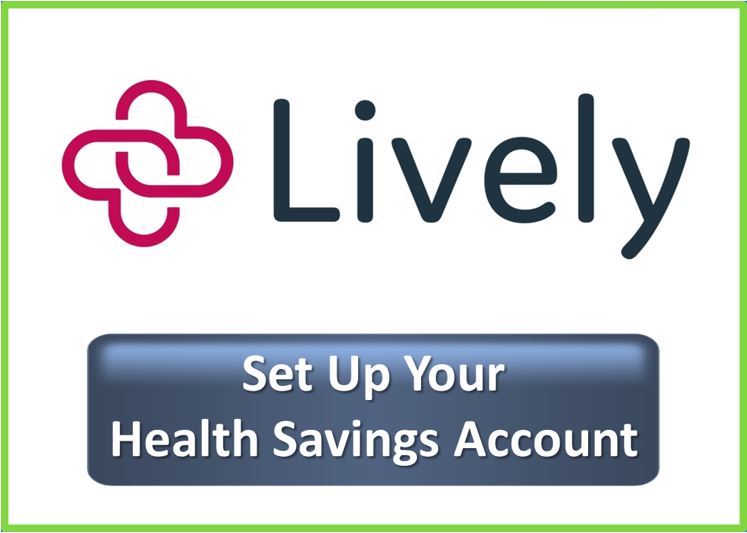We actually get this question a lot, usually at renewal time when people learn what their health insurance premiums will be for the next 12 months.
On a macro level, the answer is that health insurance companies pay for medical claims, so as those claims costs go up, so does the cost of health insurance. Health care is expensive, and in the U.S. we have better technology, better medications, and higher demand than most of the world. Until somebody figures out a way to reduce health care costs, insurance premiums will continue to be higher than most people are comfortable with.
On an individual level, though, the answer is that insurance companies consider a number of factors when pricing their health plans. Specifically, they try to determine how much they will pay out in claims costs for each covered member and then price their plans so that they don’t lose money. While factors such as age, gender, geographic location, tobacco use, and, of course, medical conditions all have an impact on expected claims costs, insurance companies in the individual and small group markets are now limited in what factors they can use when setting their plan premiums. Gender and medical conditions can no longer be considered, which means that age has a bigger impact than ever on the cost of health insurance.
The Affordable Care Act allows three-to-one age rating between the ages of 21 and 64. This means that if the premium for a 21-year-old is $250, a 64-year-old individual will pay $750 for the same policy. Geographic area also affects the price because insurance companies in different metropolitan areas have different contracted rates with their network physicians, hospitals, and other health care providers.
One other big thing that affects the cost of health insurance is the plan design itself. The lower the doctor and prescription copayments, calendar-year-deductible, and out-of-pocket maximum, the less a member will pay at the point of service, but these comprehensive plans are also much more expensive than a higher-deductible plan with no up-front copayments. The good thing about these “high-deductible health plans” is that they may allow the member to set up a Health Savings Account to pay for qualified medical expenses with pre-tax dollars.
Recap
In short, there’s no good answer for why health insurance is so expensive. The quick explanation is that health insurance pays for health care, and the more the plan pays, the more expensive it will be. While buying less coverage will certainly save you some money, other factors like age and location have a big impact on the premium, so there’s only so much you can do.
The good thing is that some people qualify for premium tax credits to help them pay for their health insurance, so even though the policy is expensive, you may not be responsible for the full cost. If you have additional questions about how insurance companies price their plans, would like to get a quote, or would like to see if you qualify for a premium tax credit, contact one of our licensed agents today.








